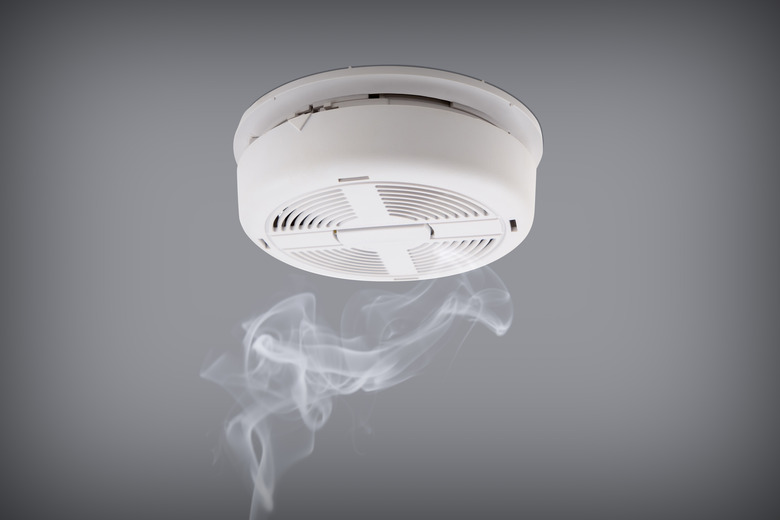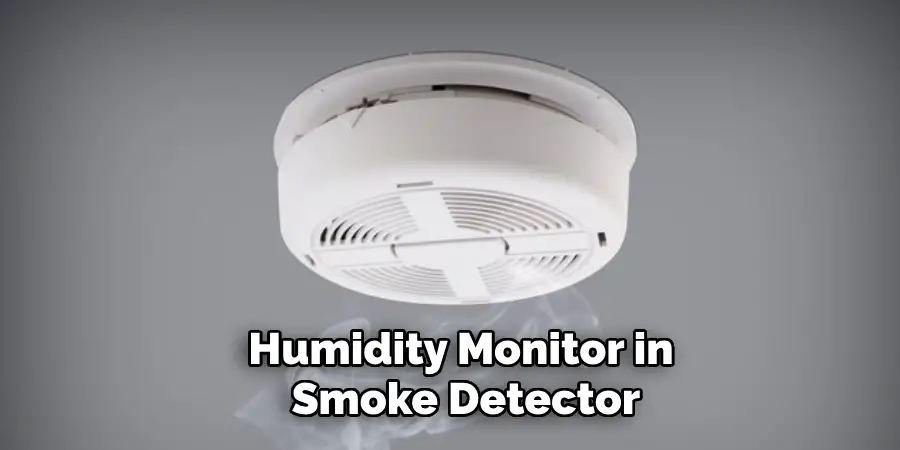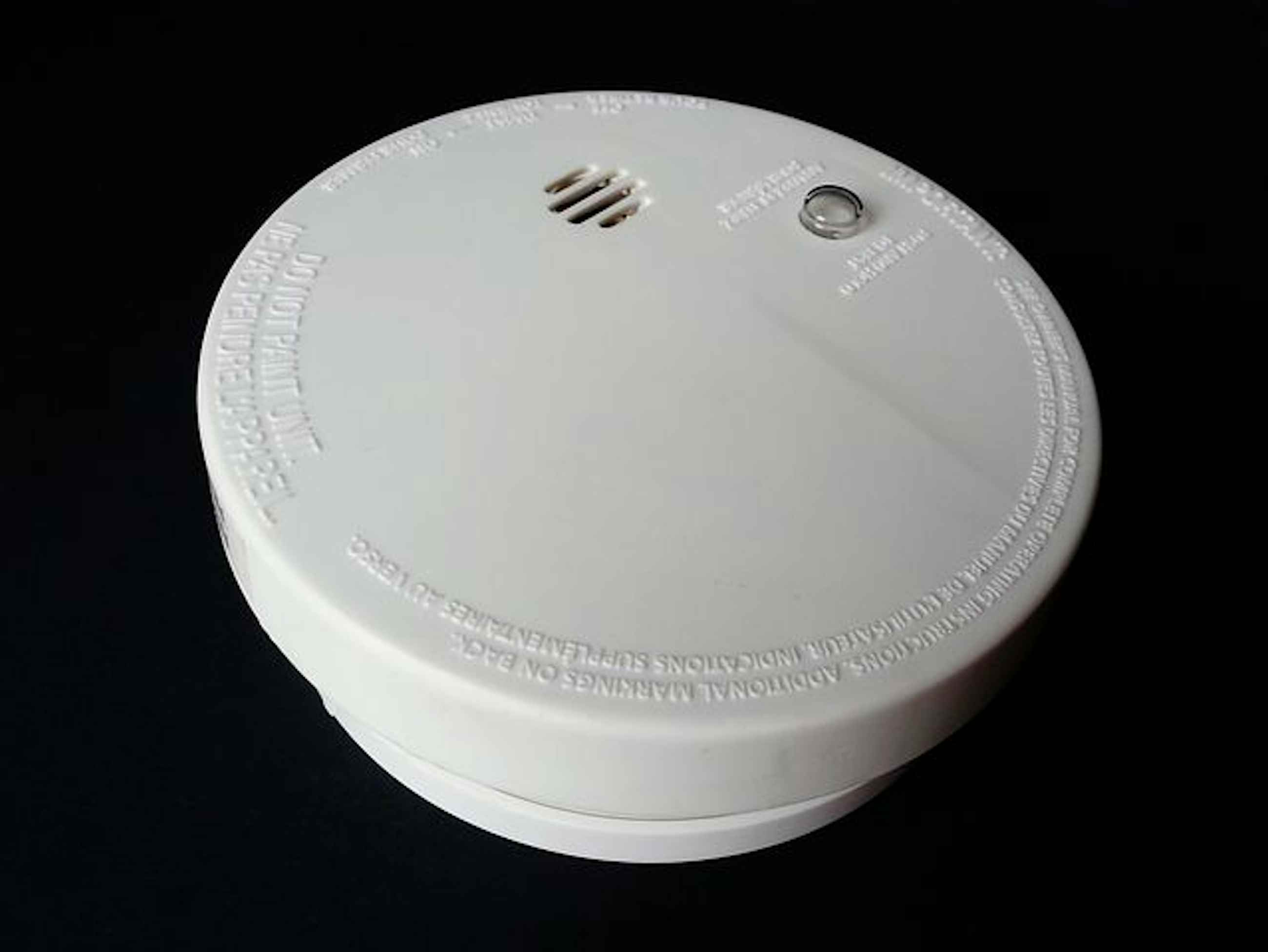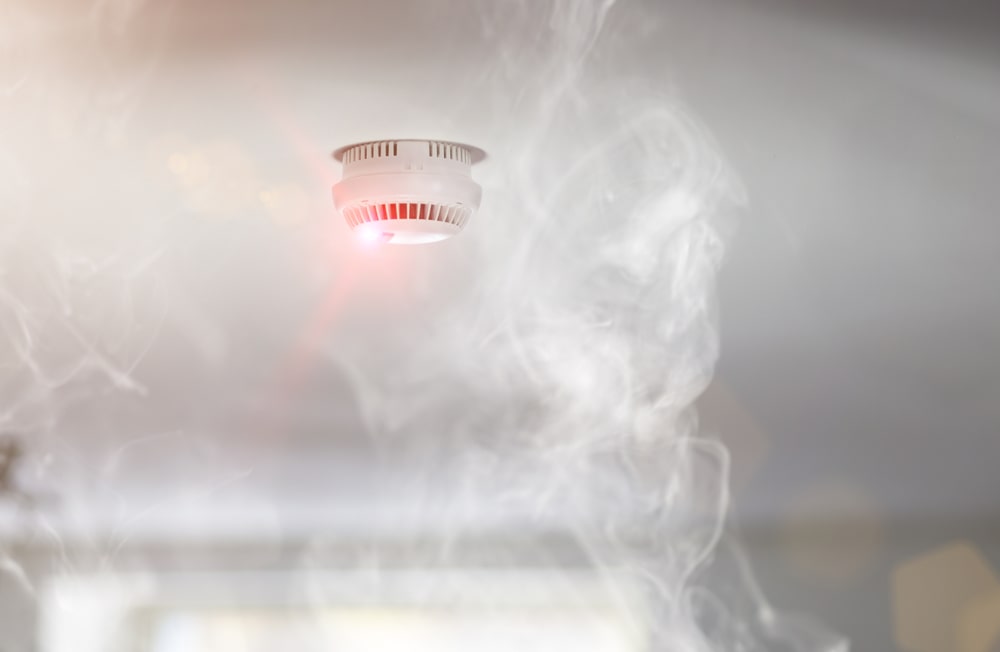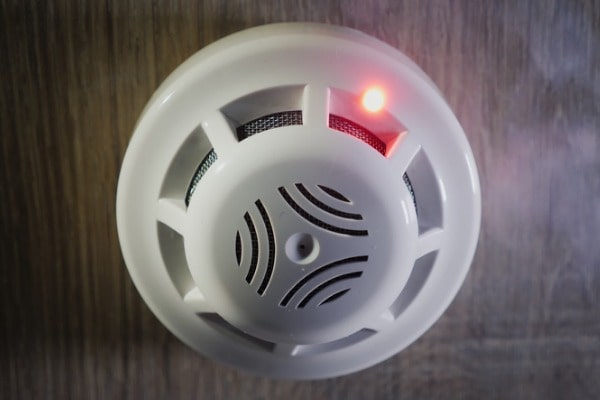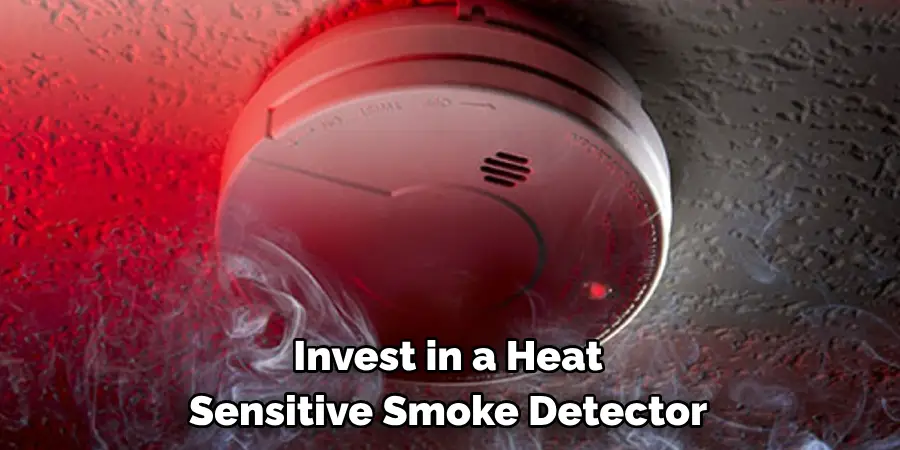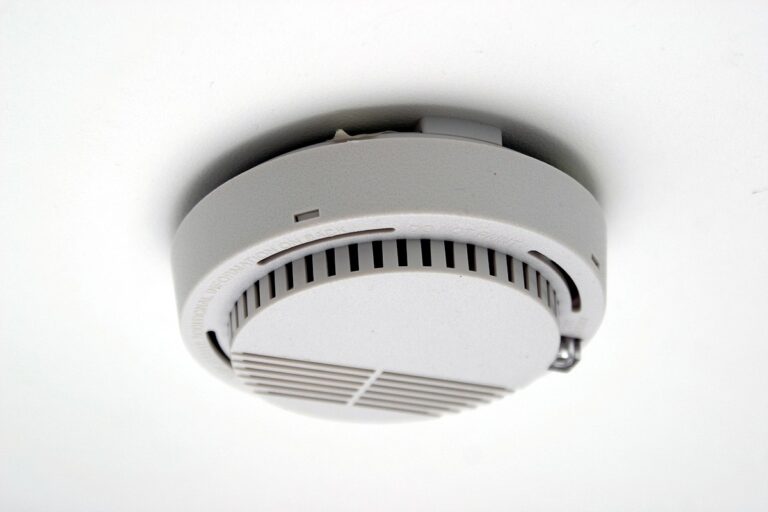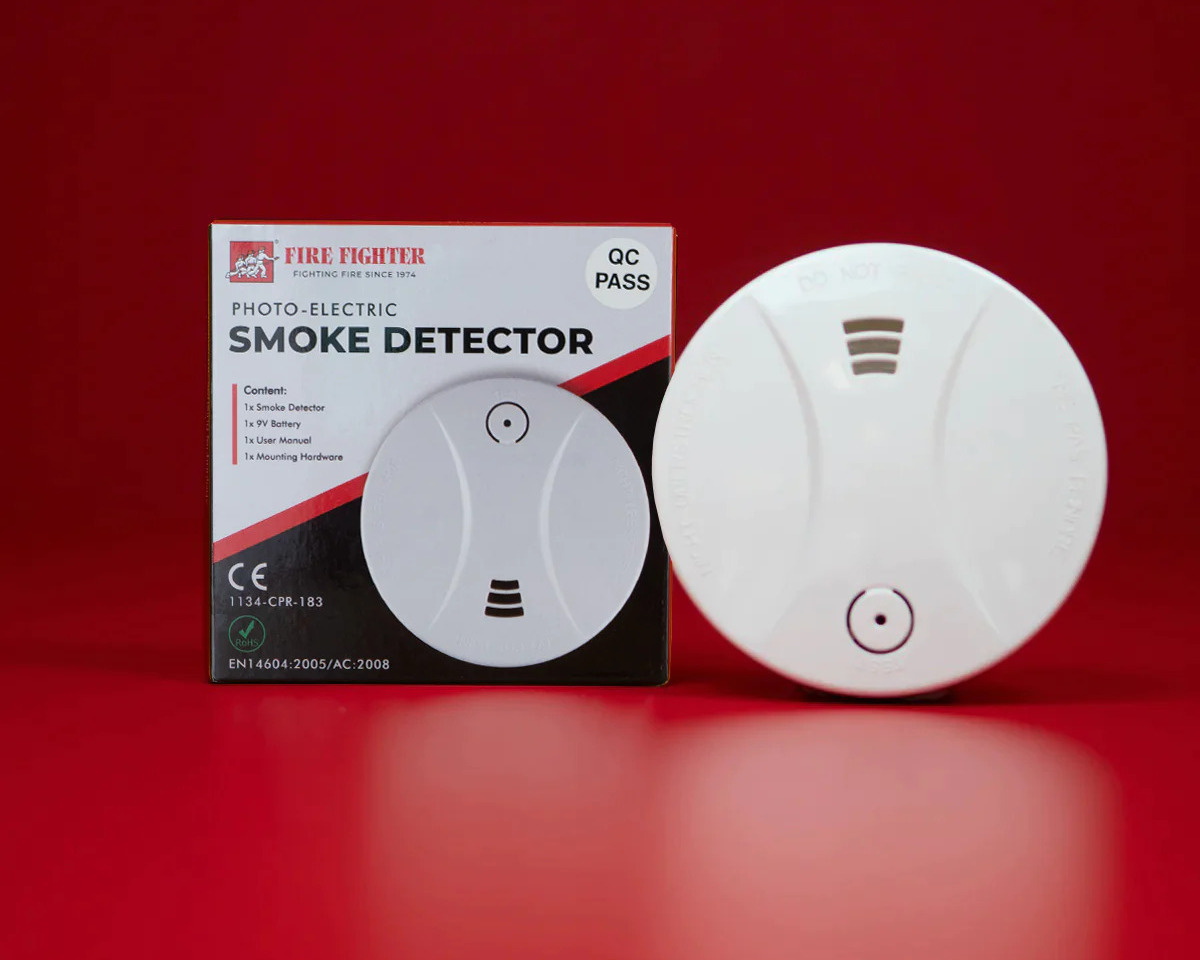Can Humidity Trigger A Smoke Alarm

Can Humidity Trigger a Smoke Alarm? Separating Fact from Fiction in HVAC and Fire Safety
As HVAC professionals, we're often called upon to address indoor environmental issues beyond just heating and cooling. One common concern that intersects with our field is the potential for humidity to trigger smoke alarms. Understanding the science behind this phenomenon is crucial for providing accurate advice to clients, ensuring building safety, and even informing design considerations. Let's delve into the complexities of humidity's impact on smoke detectors and explore the role of HVAC in mitigating false alarms.
Understanding Smoke Alarm Technology
Before we address the humidity question, it's essential to understand the two primary types of smoke alarms:
- Ionization Smoke Alarms: These detectors contain a small amount of radioactive material that ionizes the air. When smoke particles enter the chamber, they disrupt this ionization, triggering the alarm.
- Photoelectric Smoke Alarms: These alarms use a light source and a light sensor. When smoke enters the chamber, it scatters the light, which is then detected by the sensor, activating the alarm.
While both types detect smoke, they respond differently to various environmental factors. Ionization alarms are generally more sensitive to small, fast-burning fires, while photoelectric alarms are better at detecting slow, smoldering fires.
The Humidity Factor: When Does Moisture Mimic Smoke?
High humidity, particularly when combined with condensation, *can* trigger certain types of smoke alarms, primarily ionization alarms. Here's why:
The principle behind this false triggering lies in the increased electrical conductivity of humid air. Water vapor, especially when condensed into droplets, can carry electrical charges. In an ionization chamber, excessive moisture can interfere with the flow of ions, mimicking the effect of smoke particles and setting off the alarm. This is especially true in areas prone to rapid humidity changes, such as bathrooms, kitchens, and laundry rooms.
Photoelectric smoke alarms are generally less susceptible to humidity-related false alarms. However, extreme humidity levels can still cause problems. Condensed water droplets can accumulate on the light sensor, interfering with its ability to detect scattered light from smoke.
It's important to note that well-maintained and newer smoke alarms are less prone to humidity-related issues due to improved sensor design and signal processing.
HVAC's Role in Preventing False Alarms
As HVAC professionals, we play a critical role in maintaining optimal indoor humidity levels and preventing conditions that could lead to false smoke alarms. Here are some strategies:
- Proper Ventilation: Ensure adequate ventilation in areas prone to high humidity, such as bathrooms and kitchens. Exhaust fans that vent directly to the outside are crucial.
- Dehumidification: In humid climates, consider recommending a whole-house dehumidifier to maintain humidity levels below 60%. Standalone dehumidifiers can also be effective for specific rooms.
- Air Conditioning: Properly sized and functioning air conditioning systems remove moisture from the air as part of the cooling process.
- Regular Maintenance: Recommend regular HVAC system maintenance to ensure optimal performance and prevent humidity buildup. This includes cleaning coils, checking refrigerant levels, and inspecting ductwork.
Educating homeowners and building managers about the importance of humidity control and its impact on smoke alarm function is a key part of our job. Providing solutions tailored to their specific needs can significantly reduce the likelihood of false alarms and improve overall indoor air quality.
Career Paths and Certification in HVAC
The intersection of HVAC and fire safety highlights the diverse skill set required of today's HVAC professionals. Pursuing relevant certifications can significantly enhance your career prospects and demonstrate your expertise.
- NATE (North American Technician Excellence): NATE certification is a nationally recognized standard for HVAC technicians. It demonstrates competency in various areas, including system maintenance, troubleshooting, and energy efficiency. Achieving NATE certification often leads to higher earning potential and greater job opportunities.
- EPA Section 608 Certification: Required for technicians who handle refrigerants, the EPA 608 certification ensures compliance with environmental regulations and proper refrigerant handling practices. This certification is essential for most HVAC jobs.
- Building Performance Institute (BPI) Certification: BPI certification focuses on building science principles and energy efficiency. This certification is valuable for technicians who specialize in energy audits, home performance assessments, and weatherization.
Job Outlook and Salary: The job outlook for HVAC technicians is projected to grow 6 percent from 2022 to 2032, about as fast as the average for all occupations. The median annual wage for HVAC technicians was $51,390 in May 2022, but skilled and certified technicians can earn significantly more. (Source: Bureau of Labor Statistics)
Real-World Career Examples:
- HVAC Service Technician: Responsible for installing, maintaining, and repairing HVAC systems in residential and commercial buildings.
- HVAC Design Engineer: Designs and specifies HVAC systems for new construction and renovation projects.
- Energy Auditor: Conducts energy audits to identify areas where buildings can improve energy efficiency.
- HVAC Sales Engineer: Sells HVAC equipment and services to businesses and homeowners.
Case Study: The Condominium Complex Conundrum
Consider a scenario in a large condominium complex where residents frequently complained about false smoke alarms, particularly during the humid summer months. The building management initially dismissed the issue as faulty detectors. However, upon closer investigation, an HVAC technician discovered that several units had poorly maintained ventilation systems and improperly sized air conditioners. This resulted in excessive humidity buildup, particularly in bathrooms and kitchens.
The technician recommended several solutions:
- Installing or upgrading exhaust fans in bathrooms and kitchens.
- Ensuring that air conditioning systems were properly sized and maintained.
- Educating residents about the importance of proper ventilation and humidity control.
After implementing these changes, the number of false alarm complaints decreased significantly, highlighting the direct link between HVAC performance and smoke alarm reliability.
The Future of HVAC and Fire Safety
As technology advances, we can expect to see more sophisticated smoke alarms that are less susceptible to environmental factors. Smart smoke detectors, for example, can differentiate between smoke, steam, and other potential triggers, reducing the likelihood of false alarms. Furthermore, integrated building management systems (IBMS) will increasingly incorporate HVAC and fire safety systems, allowing for more coordinated and efficient control of indoor environments.
For HVAC professionals, staying abreast of these advancements and developing expertise in building automation and smart home technology will be crucial for future success. The ability to integrate HVAC systems with fire safety and security systems will be a highly valued skill in the years to come. Continual learning and professional development are essential for navigating the evolving landscape of the HVAC industry.
Conclusion
The connection between humidity and smoke alarm function is a complex issue that requires a nuanced understanding of both HVAC principles and fire safety technology. By providing accurate information and implementing effective solutions, HVAC professionals can play a vital role in preventing false alarms, improving indoor air quality, and ensuring the safety and well-being of building occupants. Embracing continuous learning and seeking relevant certifications are crucial for career advancement and maintaining a competitive edge in the dynamic HVAC industry.
So, can humidity trigger a smoke alarm? The answer is yes, under certain conditions. But with proper HVAC design, maintenance, and homeowner education, we can mitigate this risk and create safer, more comfortable indoor environments.
